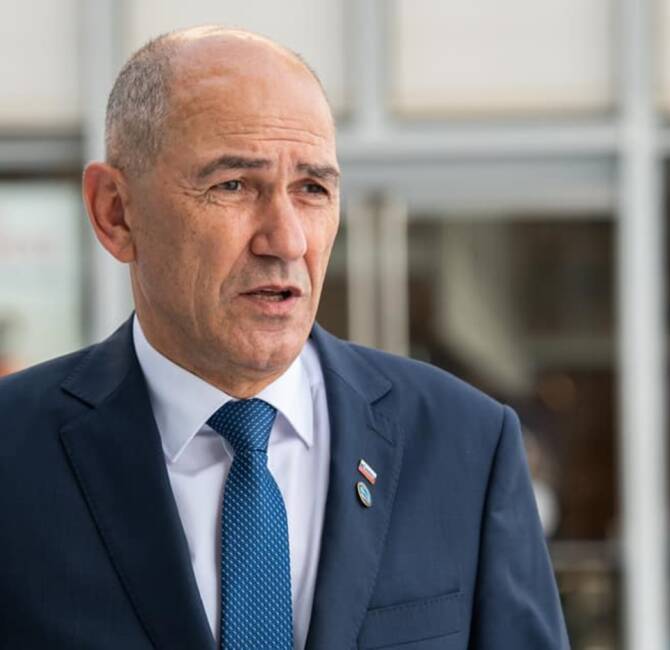Austria – A year ago, the Austrian government was still enforcing some of Europe’s most extreme measures against the Covid pandemic, causing an unprecedented uproar in a traditionally peaceful society. In January this year, however, the coalition government in Vienna, made up of the centre-right ÖVP and the Greens, announced it was repealing all Covid-related measures. Chancellor Karl Nehammer’s ÖVP is still in free fall in the polls, however, so he is now going one step further, throwing a spanner in the works.
During a press conference held on 15 February, Nehammer said a commission would soon be set up to investigate the decisions that were meant to fight the Covid pandemic, which he said were made by “experts”, to whom the government had been truly “subjugated”:
“I don’t want to leave the issue to the radicals. (…)
Let’s call a spade a spade: Corona was a kind of trauma for our society that we should now work through together.
This pandemic was the first pandemic in recent history, none of us had had this experience before, not even our grandparents. It was something completely new that hit us with full force and presented us, as a society, with unprecedented challenges.
A critical, unsparing analysis is therefore both a duty and a prerequisite to heal these societal wounds and overcome the trauma.”
“We were subjugated to the experts”
In addition, Nehammer now intends to reach out to “all those who no longer feel welcome in society because of the pandemic and its consequences”. And it seems the decision to impose mandatory vaccination, which angered so many people in Austria, could now be questioned too. “Everything has to be put on the table”, the Austrian chancellor said after having been deaf to all the critics for so long. And then came an extraordinary assertion from the head of a supposedly democratic government:
“We were subjugated to the experts, now the experts have to explain why they came to these decisions.”
On the opposition side, the FPÖ – which opposed the health restrictions and violations of individual freedoms early on during the pandemic and is currently credited with 29 percent of voting intentions in the polls – described the chancellor’s move as “pathetic”. FPÖ Chairman Herbert Kickl summed up what Karl Nehammer’s government should do next in the following words:
“Acknowledge their fault, repent, and pave the way for new elections.”
As for the experts, some of them have already reacted with astonishment to the chancellor’s about-face. Erich Neuwirth, a statistician, said for example that
“politicians should not be subjugated to anyone”. They should demand “explanations from experts that are understandable to them before making decisions”
and “not ask the experts for explanations after they have made their decisions as they are the ones who make the decisions, not the experts.”
The same point was made by the molecular biologist and Covid specialist Ulrich Elling, for whom Chancellor Nehammer’s statement is “an outrageous statement that shows a lack of understanding of the role of experts. Politicians, and they alone, are the ones who decide.” Another reaction came from pulmonologist Arschang Valipour, who said that it is “strange to blame experts now for the divisions in society.”




